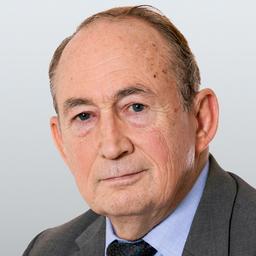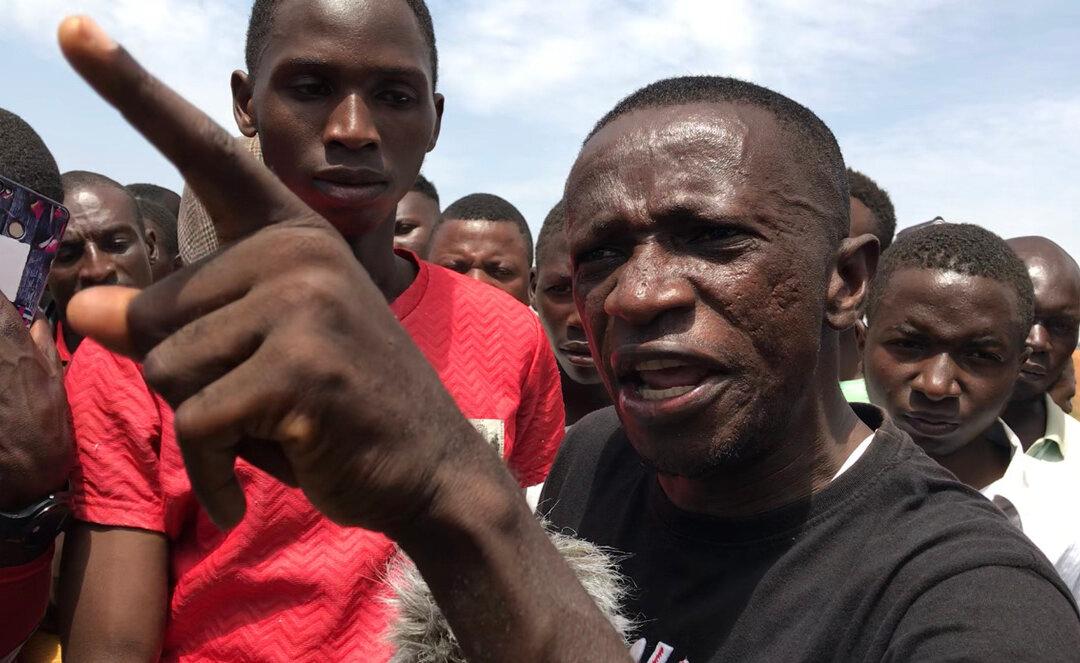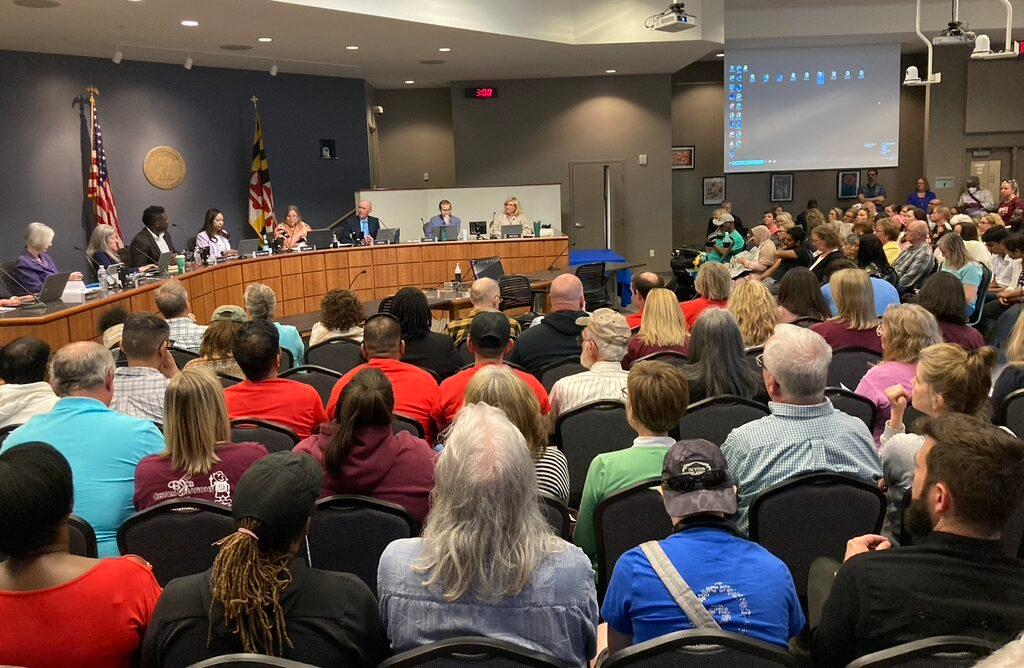WASHINGTON—Targeted sanctions against the Nigerian government for allowing the mass slaughter of Christians within its borders should be on the U.S. congressional agenda, according to a celebrated French war correspondent.
Bernard-Henri Lévy, a renowned French philosopher and rights advocate, was on Capitol Hill recently to stir the conscience of the West regarding past and present genocides, chief among them the war on today’s Nigerian Christians.





